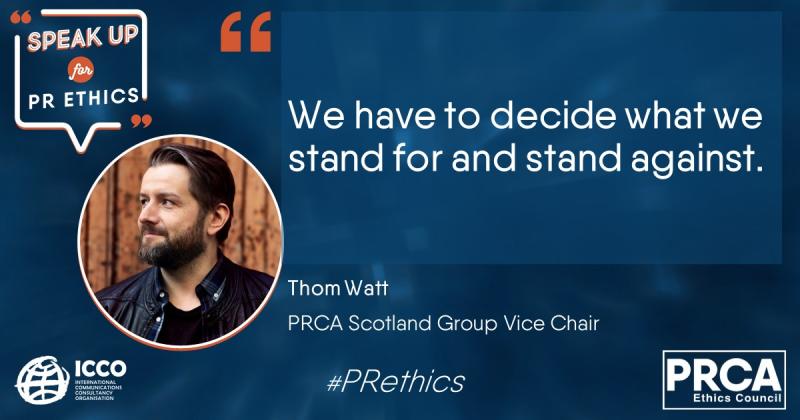
As an industry, we don’t sell physical products, we sell our people - their expertise, their contacts, their experience, advice and their relationship-building skills. None of these exist without trust.
The digitisation of performance metrics has certainly had huge advantages, but it also raises questions. On one hand, we’re able to quantify the direct impact our activity or our campaigns have had. On the other, there’s snow-blindness from the sheer volume of data. Is a million video views good? Is all engagement good? What’s the link between one positive engagement and another?
Data should not be seen as good or bad in isolation, but as a constant learning process. That only works if there is trust. Trust that not every piece of activity will be a winner, trust that not every activation will be reported as a winner, and trust in the data we’re working with.
Trust in media and news is at a particularly low point. A recent study by Reuters found that just 36% of the UK public “trust most news, most of the time.” What is particularly alarming is that figure is from a 2021 study, after a year of non-political, factual reporting on the global pandemic.
Historically, the communications industry has taken a large part of the blame for a lack of trust in the news and media. In 2021 it’s far beyond a comms or marketing issue. Our day-to-day lives make it increasingly difficult to scrutinise and rationalise the information we process.
The rapid expansion of internet content has been a double-edged sword, allowing us to have infinite wisdom at our fingertips. But when everyone’s an expert, nobody is. Social media echo chambers have created an erosion of expertise, and are not to be trusted. Experts are the elite groups trying to control us. Experts are not relatable, and while they may have decades of experience in their fields, they don’t have the direct life experience of Your Favourite Influencer. Ofcom’s recent study into UK media showed that 33% of internet users believed that “most of what they read online is true.” A further 24% said they “didn’t ever think about it.”
But social media reflects society rather than creates it. The 21st century has been all about our individual beliefs. In 2006, TIME magazine made *you* their person of the year. News outlets ask us for our opinions, there’s greater customisation of products, and we are encouraged to believe that our votes, our politics, our spending power and our individual carbon footprint really can make a difference. Maybe it can.
Until recently the stakes haven’t been particularly high for truth and ethics. The impact of election wins or product sales or holding statements pale into insignificance when faced with genuine existential threats. The pandemic has underlined the need to put faith and trust in science to provide a way out of lockdowns. Social upheaval in race, sex and gender has underlined how important it is to believe victims. The only hope in the fight against climate change is for greater belief in the damage it causes from those in a position to do something about it.
As an industry, and as individuals in the communications industry, we have to have our own codes of conduct. We have to decide what we stand for and stand against. As businesses and collectives we need to be agents of change for the better.
Transparency, collaboration and honesty matter now more than ever. We sell human expertise, and expertise doesn’t exist without faith and trust in the knowledge being shared.
